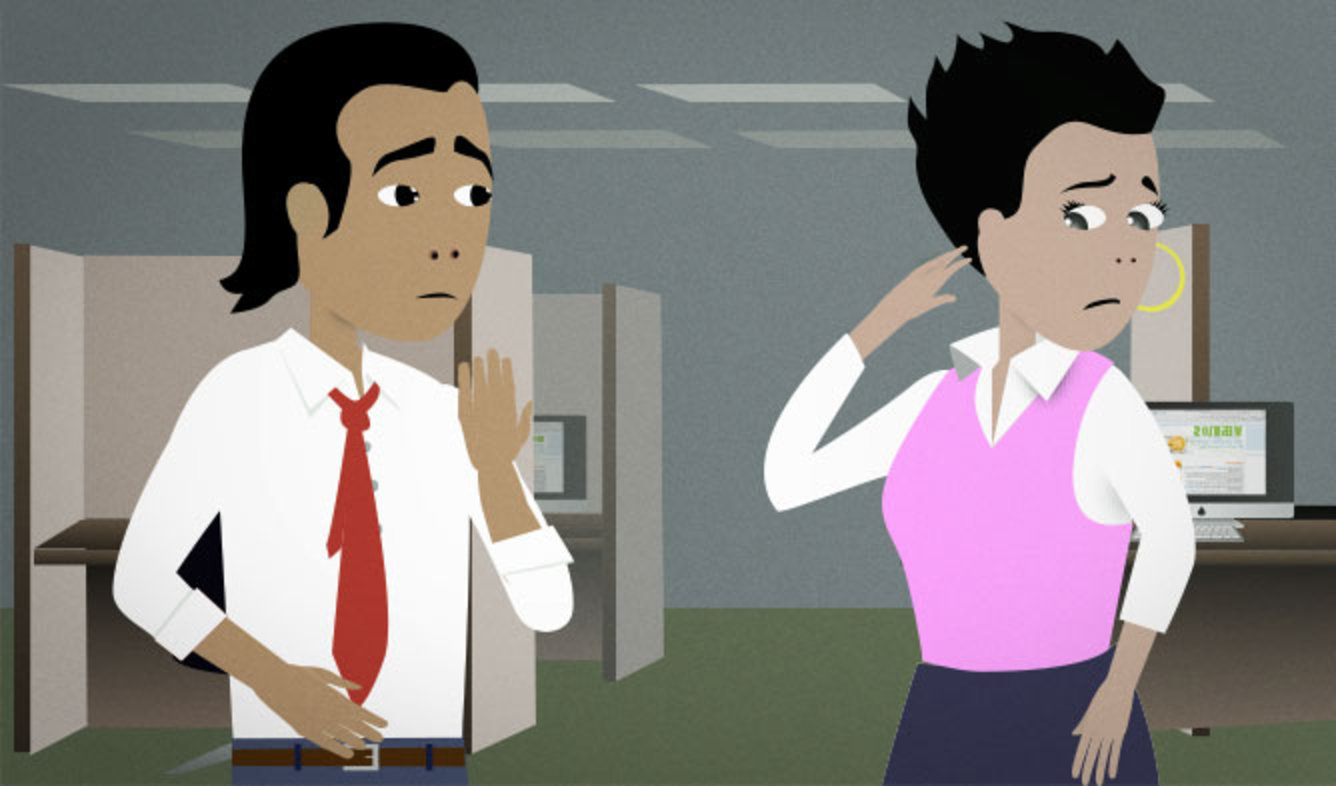“I'll keep an eye out for it.”
Your coworker lost one of her earrings and is looking for it. You haven't seen it and you're not going to search for it, but you want to say something supportive to your coworker anyway.
I'll keep an eye out for it.
Want Video and Sound? Follow us on YouTube

keep an eye out for (something)
To "keep an eye out for" something means to look for it. But "keeping an eye out" doesn't mean that you're actively searching for something. It means that you're looking for it while you do something else. For example, if you lost something you can ask a family member:
Hey, I can't find my ring. I've looked everywhere but I can't find it. Can you just keep an eye out for it?
Another phrase that's similar to "keep an eye out for ___" is "keep an eye on ___":
Can you keep an eye on my stuff for a minute? I'll be right back.
"Keeping an eye on" something means to continue to watch it, while "keeping an eye out for" something means to try to find it.
I'll (do something)
Use "will" to offer to do something, or when you've just decided to do something like in these situations:
("I'll" is short for "I will", of course.)
When you've been planning to do something for a while, don't use "will". Say "I'm ___" or "I'm going to ___".
